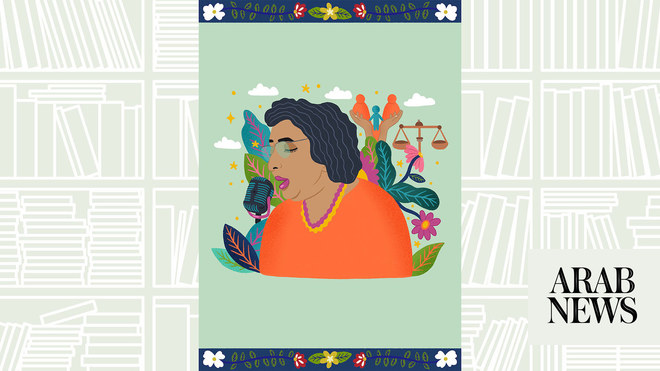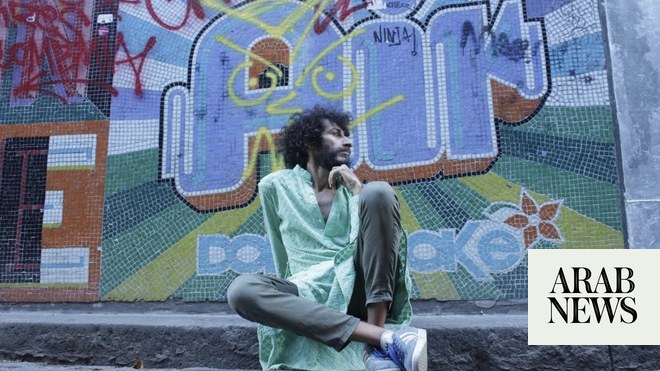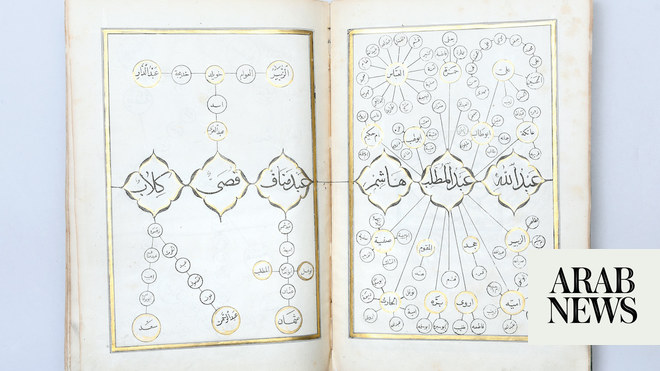
DUBAI: A new book aims to shed light on pioneering feminists from the Arab world from the 19th century to the present dayThe book which is aimed at children, was supported by the German foundation Friedrich-Ebert-Stiftung, which operates across the MENA region. It contains brief but informative profiles of 12 women who devoted their lives to politics, literature, law, and education.
The Arabic-language version was released in a free, digital format over the summer. Physical copies were recently published and an English-language version called “Brave and Bold” is on the way too. “There’s always this misconception that feminism is foreign to the region; that it’s a Western idea trying to ‘invade’ our traditions and morals,” Beirut-based project manager Samantha Elia tells Arab News. “People forget that many (changes) that have taken place in the region are because of Arab feminists who pushed for girls to have the right to go to school or for adult women to be able to vote and work outside their houses. These laws were not pushed by men, but by women who came together and tried to achieve change through government or activism.”
While feminism is a complex topic that continues to spark debate the world over, and though its definition has changed and expanded over the decades, the team decided to take a back-to-basics approach for the children’s book. “(Feminism) is about justice and equal rights and opportunities between women and men, girls and boys,” explains Elia. “It’s not about women having more rights than men or controlling men. It’s actually for there to be no control of one gender over the other. This is how we came to define feminism and tell stories in the book.”
What links the 12 women portrayed in “Brave and Bold,” Elia says, is that “they all struggled for basic rights in a deeply patriarchal society,” whether that was Syria, Lebanon, Sudan, Egypt, or elsewhere.
Take, for example, the Yemeni educator and radio broadcaster Raufa Hassan Al-Sharki. Born in 1958, she reportedly became her country’s first female journalist. She was still a pupil in her country’s gender-segregated school system when she first became an activist.
“She and her friends walked to the prime minister’s house, asking to have the same books in their schools as the boys had. What’s interesting is that the prime minister was convinced and he also started mixing schools,” notes Elia. Linda Matar, a Lebanese women’s rights activist who died in 2023, was also young when “she noticed that women were treated differently than men,” Elia says. When Matar was just 12 years old, she was working at a silk factory (where equal pay was unheard of) during the day and attending school at night. Matar was a major advocate for women’s voting rights in Lebanon, where a law entitling them to vote was passed in 1952, nine years after the country’s independence.
Iraqi pioneer Dr. Naziha Al-Dulaimi was born in 1923. As the book explains, she became her country’s first female minister and argued passionately for women’s right to initiate divorce proceedings and to protect children from forced marriage.
For Elia and her colleagues, it was important to share these activists’ stories. “I think it’s personal for each one of us here,” she says. “Before I worked on this book, I could (not have) named one feminist from each of these countries. That felt a bit shameful.” Amman-based illustrator Aya Mobaydeen designed the vibrant book, in which each portrait of the featured woman is surrounded by flowers and objects that defined their careers, from the pen to the voting box and scales.
“I approached illustrating each woman in this project with lots of colors and details to make them appealing to children,” Mobaydeen explains. “I feel like being able to educate children about them through this book is truly fulfilling. These women have made a real difference, and I’m proud to highlight their accomplishments.”
For Elia, the book itself — regardless of its subject matter — is a reminder of those accomplishments.
“Children have access to this book because of some of these feminists and the changes they made in terms of education,” she points out. “Holding this book is already an achievement of these feminists. Even though these women had difficult lives, they achieved so much and that should be celebrated by everyone.”












